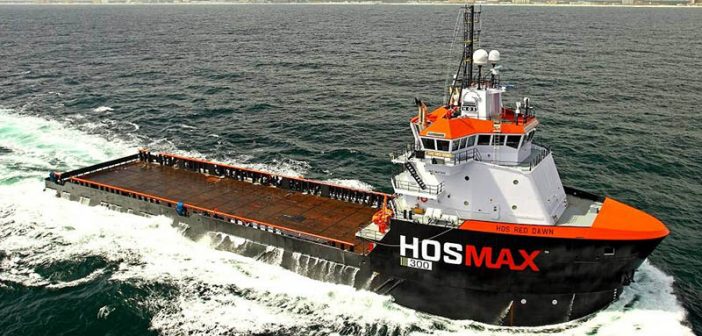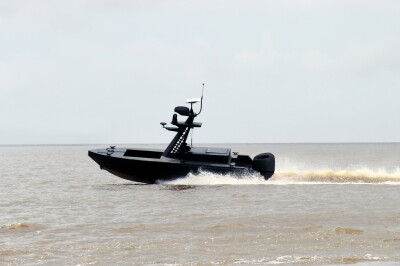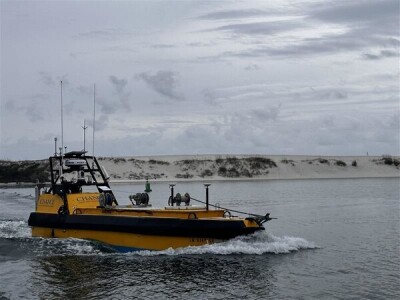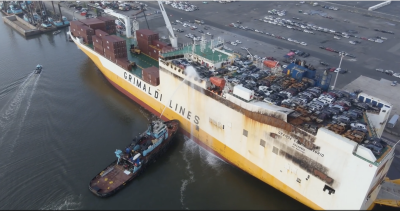The Coast Guard’s advisory panel on offshore safety has completed recommendations for how offshore supply vessels, crewboats and other vessels in the energy industry can be safely put to work assisting in disaster relief.
Those proposed steps include creating a new ‘response, restoration, and recovery vessel’ Certificate of Inspection (COI) endorsement. The so-called "Triple R Vessel" or TRV endorsement would allow operators to get preapproval of vessels that would be available to assist after hurricanes or other disasters, according to the Offshore Marine Service Association (OMSA).
After Hurricane Maria hit Puerto Rico in 2017, several OSV operators based in Louisiana sought emergency approvals from the Coast Guard to allow them to haul relief supplies to Puerto Rico and between ports on the island.
They needed approval to deviate from the vessels’ COIs, but “due to an assortment of circumstances, this volunteer effort encountered a variety of challenges,” according to a task statement outlining the problem for the National Offshore Safety Advisory Committee.
NOSAC is a panel of advisors drawn from the offshore energy industry, and OMSA proposed they set up a subcommittee to study the problem. The Coast Guard agreed and gave NOSAC the job in September 2018.
OMSA and a number of its members assisted the effort, and after five months of work NOSAC approved the subcommittee’s recommendations at the committee’s spring meeting in New Orleans March 20.
Other recommendations include that the Coast Guard Eighth District policies on energy industry vessels be adopted by districts around the country; and modifying the Coast Guard’s definition of ‘international voyage’ to clarify that U.S.-flag vessels are not on an international voyage when they sail between the U.S. mainland and Puerto Rico or between the island’s ports.
OMSA says OSVs are well suited for disaster relief work, with their large pen cargo decks and massive internal tanks used to carry water, drilling mud and fuel to offshore energy platforms. Crewboats can serve to carry passengers and smaller amounts of cargo, while liftboats can be used for heavy lifting and repair tasks.
The NOSAC subcommittee’s full report will be released and posted to the advisory panel website in coming weeks. OMSA president Aaron Smith said the recommendations would help the industry give a fast response to future natural disasters.
“The technology and expertise contained in the offshore service industry is second to none. And those of us that live and work in south Louisiana know the power of neighbors helping neighbors to endure and recover from a natural disaster," Smith said in a prepared statement.





